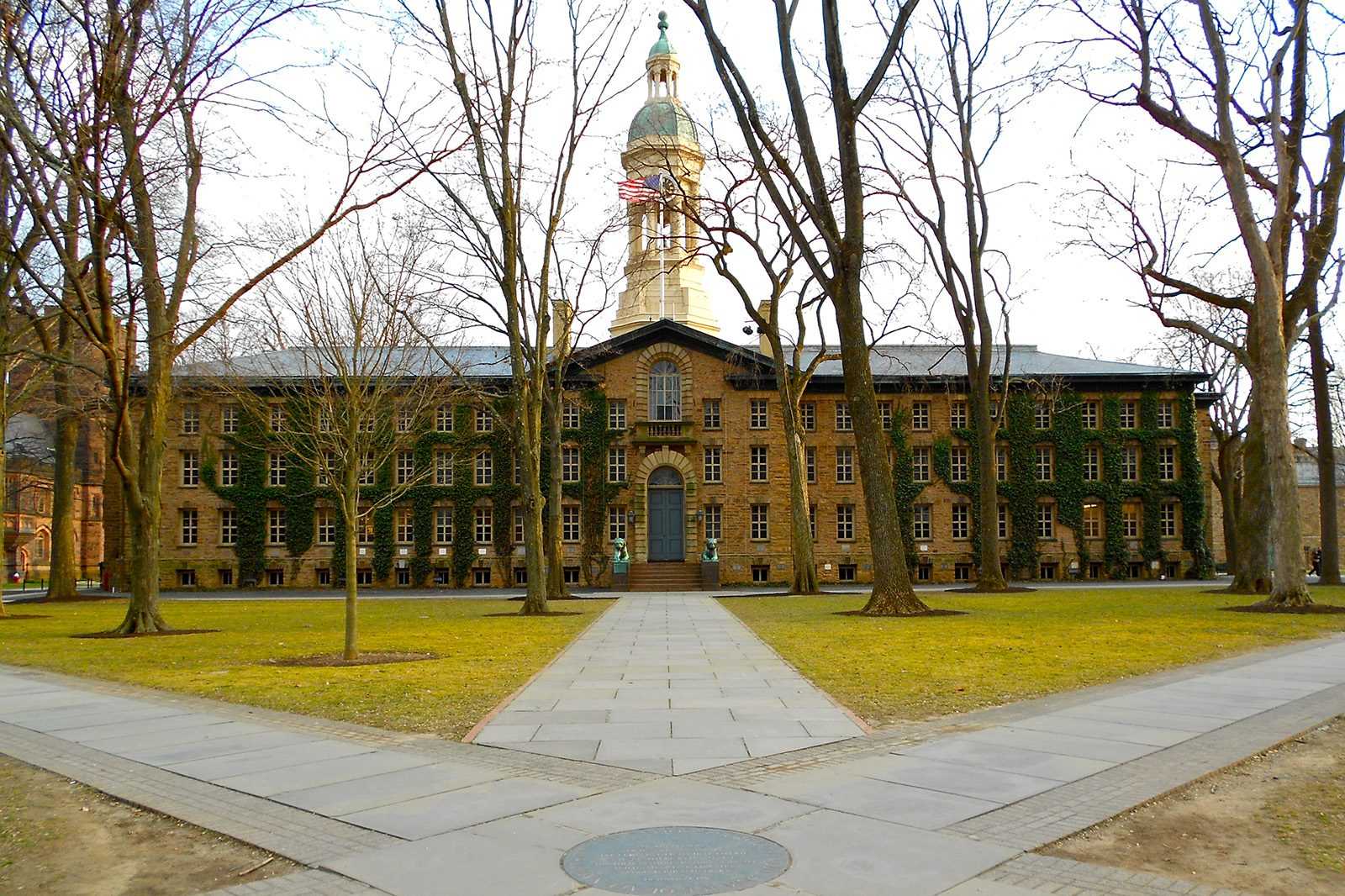In 2015, a group of bold Stanford University students found a way to read their previously confidential admissions files. The documents included comments by admissions officers that addressed why exactly each student was admitted. These papers included how race, legacies and athletic ability played a part in the decision. After their discovery was made, the students encouraged others around the country to break the privacy surrounding admissions and gain access to their personal information.
Since then, the U.S. Department of Education has conducted an investigation into the process behind admissions decisions. Now, Students for Fair Admissions is leading the charge for accessing documents that universities submitted to DOE as part of the investigation, claiming that many colleges have found ways around affirmative action or used the quotas as excuses for their true motives.
Currently, Princeton University, along with several other Ivy League institutions, are scrambling to find a way to prevent the release of their admissions documents. The university is suing the department to keep confidentiality, defending their move by stating this information contains “highly sensitive data about applicants” that should not be made public.
Princeton should understand that students and potential students already demand transparency in the college admission process, especially for the Ivy League. These schools are already surrounded by rumors that students are guaranteed admittance if they’re a legacy or if their parents donate a huge sum of money. Colleges always say that they want a well-rounded student — one who is over-involved, who has above average intelligence and impressive test-taking skills. But for the most part, admissions offices are really trying to fill their quotas. We don’t exactly know what is going on behind closed doors. If it’s true that Princeton has hidden bias within their admissions offices, it could tarnish their reputation.
There is no doubt that the college admission process across the nation is problematic. Colleges should look at the whole picture rather than how a student could improve their statistics. Currently, many are pushing for a socioeconomic-based affirmative action rather than the current race-based affirmative action.
Appealing to an admissions office is all a game, and each student has their own card to play. It’s easy to take advantage of the system, but there shouldn’t be loopholes to jump through to do it. None of these records are public because what is done behind closed doors might not be what they’re supposed to do, which is why DOE started its inquiry in the first place.
When it comes down to it, admissions offices want to keep the mystery of “how to get in.” Schools want applicants to keep guessing and keep doing everything to get into college when they only need less than half of your efforts. Colleges want to retain the myth, but admissions should be honest to students and vice versa. This would create transparency, honesty and equality for each incoming class.






















































































































